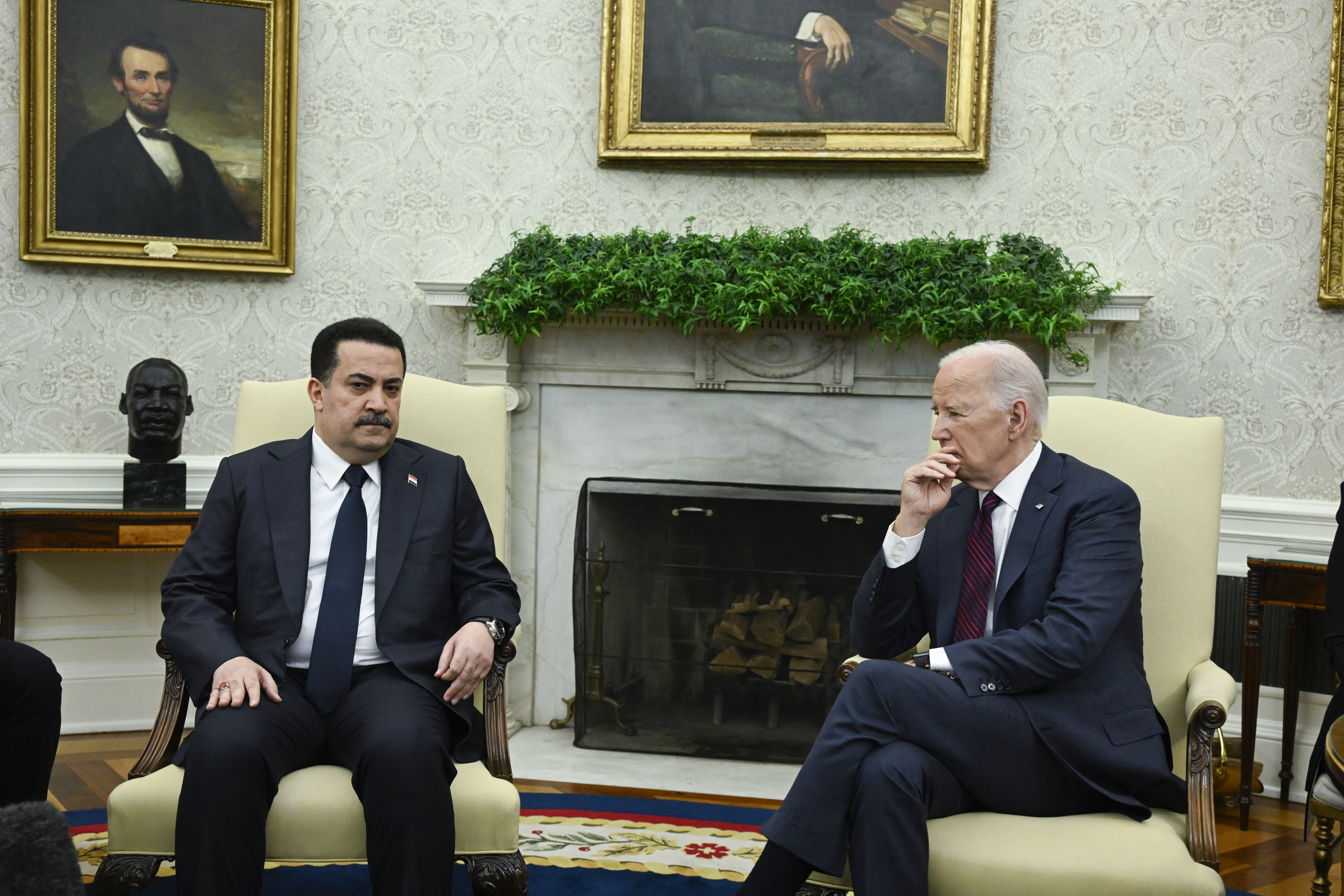Following videogames, Iraqi MPs seek to ban porn sites

ERBIL (Kurdistan24) – More than 100 lawmakers in the 329-seat Iraqi legislature on Thursday backed a proposed law seeking to block pornographic websites in the country.
While it is yet unclear when a vote would be held to pass the bill, this move, along with recent efforts to ban videogames, has been one of the most high-profile acts by the Iraqi Parliament despite security and economic woes still plaguing the war-torn country, sixteen years after the fall of the former Iraqi regime.
In September 2015, parliament sparked controversy when it passed another bill with the same aim. This was at a time when the Islamic State was at its peak strength and committing genocide in parts of the country. Focus on this issue instead of widespread corruption in government institutions was among other complains people made at the time.
On Thursday, an MP announced another proposed legislation during a press briefing. Lawmaker Hussein al-Oqabi claimed that they had been working with the executive branch “to address” young people’s unemployment challenges, but also warned of a purported danger to the social fabric of the country.
“The value and moral systems are under threat because of a sudden technological openness without regulation,” said Oqabi on Thursday. “We are witnessing many young people turning to immoral porn sites.”
Viewing such pages “destabilizes the spirit this lively group has and kills the work and creative spirit,” the MP added without providing supporting information.
Given the Iraqi Constitution highlights a breach in “public morals” as justification for limiting individual liberty, lawmakers seem to be using it as the chief argument behind their move.
Section one of Article 17 reads: “Every individual shall have the right to personal privacy so long as it does not contradict the rights of others and public morals.”
Such laws have previously been implemented in other countries with swift reversals from either unintended consequences—such as the blocking of educational websites—and its ineffectiveness in reducing viewership numbers as more sites pop up to replace barred ones.
Data from western countries show that excessive consumption of such content could have effects on ones’ psychological wellbeing. It could also affect user’s relationship and view toward healthy sexual relations, which could be further compounded by Iraq’s conservative society and the taboo surrounding the matter.
The probable consequences notwithstanding, unemployment, lack of productivity, and persistent civil strife have long been staples of the country’s history, predating the advent of the internet.
Despite its vast oil wealth, Iraq has struggled to cultivate a welcoming atmosphere for business and grow its private sector.
Corruption and mismanagement within Iraq’s government institutions remain a challenge and obstacle for civilians hoping for stability to come to the country. According to the organization’s 2018 Corruption Index, Iraq ranks 168th, the twelfth most corrupt country out of a total of 180.
Should parliament pass this piece of legislation, it would be on the ministry of communication to approve it, who would then have to implement it despite the difficulty of the task.
Editing by Nadia Riva

